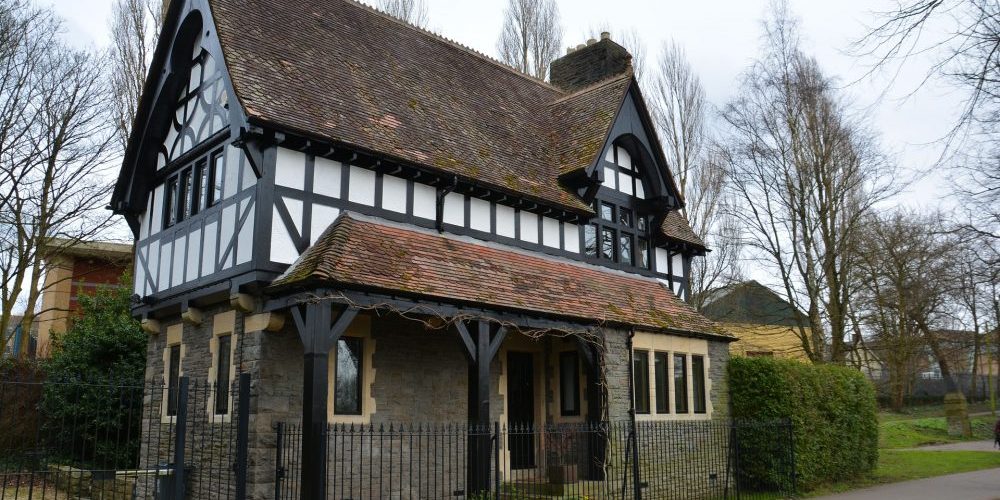The character and charm of a a listed property is certainly a big draw for many people when it comes to buying a new home, and with over half a million of them in England alone, there are plenty to choose from. Whilst owning a piece of English history sounds romantic, there are many things that you should consider before taking the plunge…
So what exactly makes a property a ‘listed’ one?
If a property (or any building for that matter) is ‘listed’, it means it’s included on the statutory list of “buildings of special architectural or historic interest”. This special status protects buildings from potential alterations that may negatively impact and/or destroy the character of the building and its historical context.
In the majority of cases, the classification protects the entire building (both inside and out) along with any structures that come attached to the building, and this includes modern extensions too. The listed status of a property can also cover outbuildings, garden walls and even garden statues!
In England and Wales, the categorisation of listed buildings is as follows:
- Grade I (2.5% of listed buildings) – buildings of exceptional interest.
- Grade II* (5.5% of listed buildings) – buildings of particular importance.
- Grade II (92% of listed buildings) – buildings of special architectural or historic interest.
I’m interested in purchasing a listed property- what do I need to know?
When you buy a property that is listed, you take on a great responsibility for maintaining a special, unique building, much more so than if you were to buy a ‘bog standard’ property. Your new home will be on a national register of listed properties, searchable on the Historic England website, and you’ll have to get permission from your local authority to carry out any alterations, including extensions, and changes to the internal layout. This can be frustrating and time-consuming! You’ll also need specialist insurance. If you are able to carry out alterations of your listed property, they will cost significantly more than a non-listed building, as the local authority will determine how you should carry out building work. A listed property will almost certainly cost more to run and repair, and you may have to use specific materials or hire tradespeople with special skills (such as thatchers) to carry out work on your property. It’s also worth noting that energy efficiency improvements such as double glazing or insulation may not be permitted either.
Still keen?!
Here are some tips if you’re still considering taking on a listed property:
- Find out the reasons for the property being listed. The National Heritage List for England will give specific details, and this will give an indication of the key attributes or features you’re unlikely to be able to change.
- Use a surveyor who specialises in listed buildings. They’ll have more of an understanding as to how your potential new home is constructed, and be aware of special considerations relating to its repair. They will help to give you a full picture of what you’re taking on.
- Don’t assume you’ll be able to make changes to the property, and if possible take advice from a heritage expert. You don’t usually need permission to update the kitchens and bathrooms in a listed property, but always check first.
- Damp can be a big issue in listed properties, so do get advice from a specialist. Rather than blocking moisture with impermeable materials, homes were designed to breathe. If damp has been discovered, a specialist surveyor with expertise in similar buildings can assess the underlying cause.
- Check that any previous work has been authorised with your local authority. If previous owners have carried out work to the property without gaining the necessary permissions, then when ownership transfers to you, unfortunately you will become liable for correcting any mistakes. Make sure your insurance covers this!
The above may make buying a listed property seem pretty daunting, but don’t let it put you off. Preserving the beauty and uniqueness of a special property can be so, so rewarding, and by working with the relevant authorities to maintain it, you can enjoy living in a real life slice of English history.
Interested in a listed property on our website, or have one of your own to sell? Contact us today to discuss further or to arrange a no-obligation valuation.

